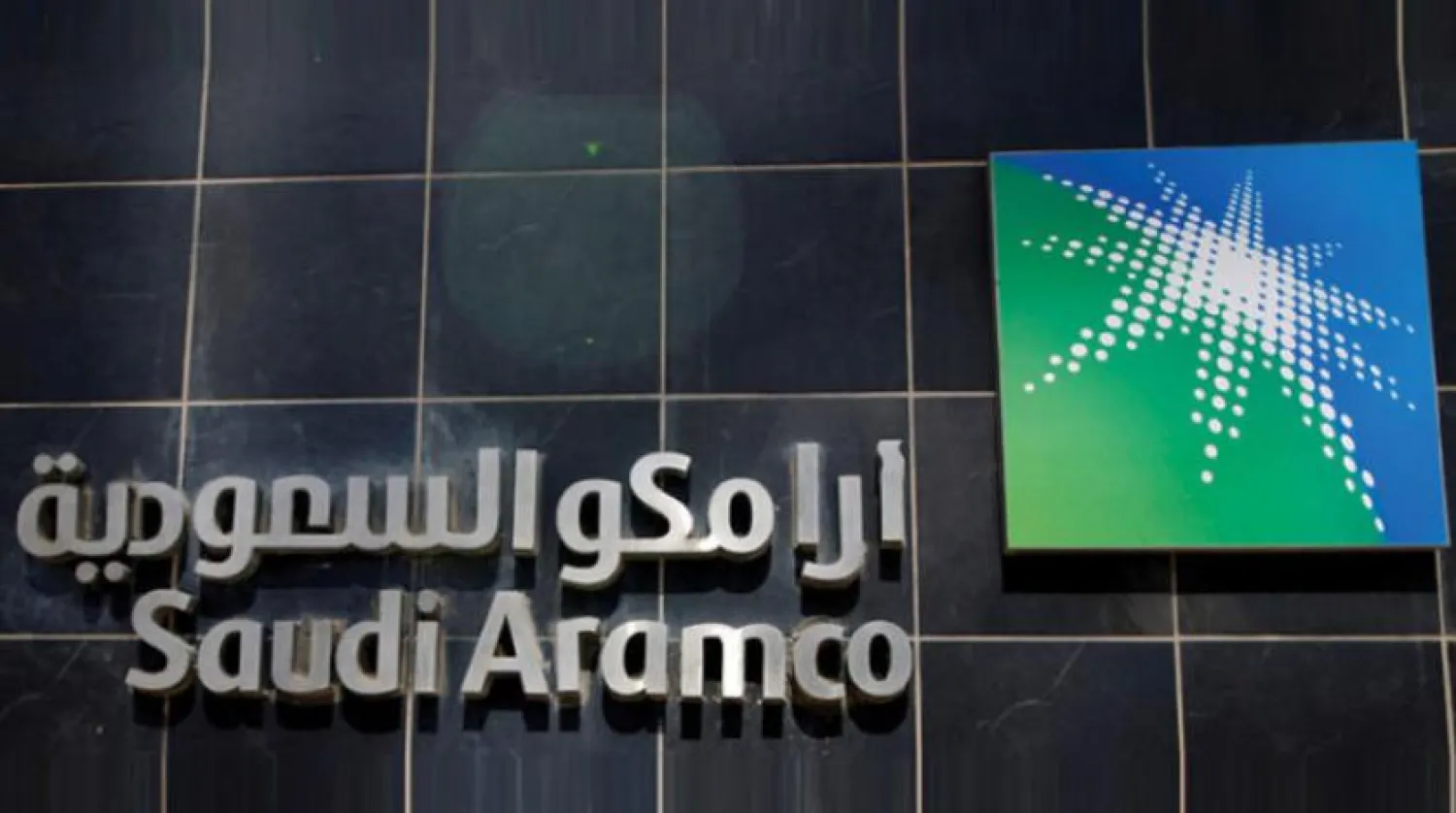Saudi Aramco announced establishing a date products center in Al-Ahsa Governorate.
The center will embrace up to 100 beneficiaries, where people with low incomes and special needs in the province will benefit from this center.
Aramco signed a Memorandum of Understanding (MoU) with the Petroleum and Natural Gas Higher Institute of Technology and Training and the Al-Ayoun Charitable Society for Social Services to establish the center.
Saudi Aramco Vice President, Nabeel Al-Jama’, said that "this initiative is part of Saudi Aramco’s objectives to contribute to empowering the community through a series of community-based programs to support people in dire need to enable them to support themselves and their families. It also serves an estimated segment of the people of the province of Al-Ahsa by supplying jobs that provide them with sustainable financial income."
He added “the agreement will promote sustainability, citizenship and local added value and the company will continue to provide development projects that contribute to increasing GDP in partnership with private and government institutions.”
He also said the agreement will preserve natural resources and benefit from the competitive advantages of the Kingdom’s regions, inorder to develop them to benefit future generations.









